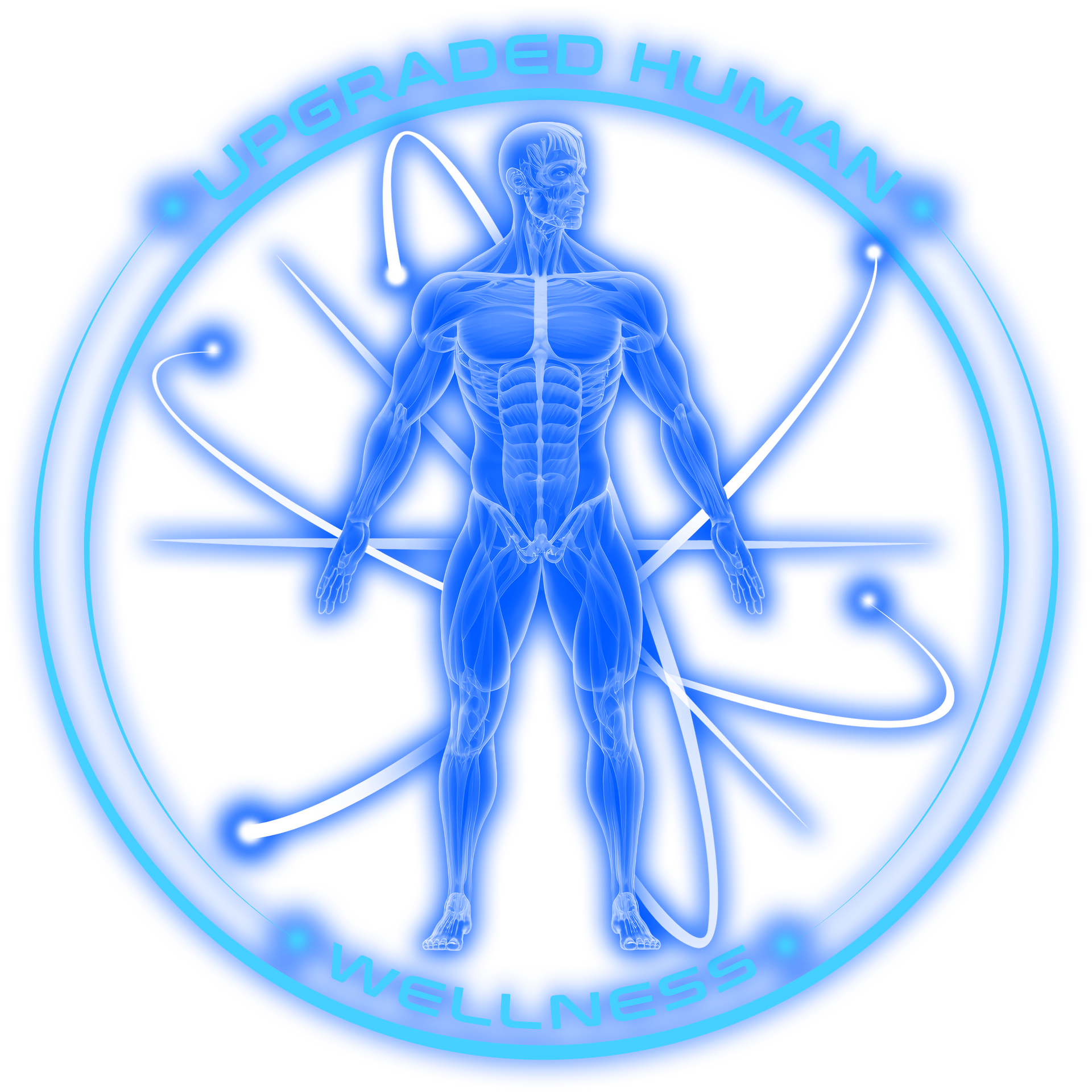Hormonal Health for Women: Navigating Balance and Wellness
Hormones play an integral role in women’s health, influencing everything from mood and energy levels to reproductive health and bone density. Understanding and maintaining hormonal balance is essential for overall well-being. At Upgraded Human, we emphasize the importance of women’s hormonal health and provide comprehensive solutions to support optimal hormonal balance.
The Importance of Hormonal Health in Women
Hormones are chemical messengers that regulate numerous bodily functions. Key hormones in women include estrogen, progesterone, testosterone, thyroid hormones, and cortisol. When these hormones are in balance, women can enjoy good health and vitality. However, hormonal imbalances can lead to a range of health issues, including fatigue, weight gain, mood swings, and menstrual irregularities.
Key Hormones in Women’s Health
Estrogen:
Estrogen is the primary female sex hormone responsible for the development of female physical characteristics and the regulation of the menstrual cycle. It plays a vital role in maintaining bone density, skin health, and cardiovascular function. Imbalances in estrogen levels can lead to symptoms such as hot flashes, night sweats, mood swings, and irregular periods.
Progesterone:
Progesterone is another essential hormone in women that regulates the menstrual cycle and supports pregnancy. It helps prepare the uterus for pregnancy and maintains the early stages of pregnancy. Low progesterone levels can result in menstrual irregularities, premenstrual syndrome (PMS), and difficulties with conception and pregnancy.
Testosterone:
Although testosterone is often considered a male hormone, it is also crucial for women. It plays a role in maintaining libido, muscle mass, and bone strength. Low testosterone levels in women can lead to reduced sexual desire, fatigue, and muscle weakness.
Thyroid Hormones:
Thyroid hormones, including thyroxine (T4) and triiodothyronine (T3), regulate metabolism, energy production, and body temperature. Imbalances in thyroid hormones can lead to conditions such as hypothyroidism (low thyroid function) and hyperthyroidism (overactive thyroid). Symptoms of hypothyroidism include weight gain, fatigue, and depression, while hyperthyroidism can cause weight loss, anxiety, and palpitations.
Cortisol:
Cortisol is a stress hormone produced by the adrenal glands. It helps the body respond to stress, regulate metabolism, and maintain blood sugar levels. Chronic stress can lead to elevated cortisol levels, which can cause weight gain, high blood pressure, and other health issues. Conversely, low cortisol levels can result in fatigue and weakness.
Causes of Hormonal Imbalances in Women:
Several factors can contribute to hormonal imbalances in women, including:
Aging: Hormone levels naturally decline with age, particularly during menopause.
Stress: Chronic stress can disrupt the balance of cortisol and other hormones.
Diet: Poor nutrition can affect hormone production and function.
Lack of Exercise: Physical inactivity can contribute to hormonal imbalances.
Sleep Deprivation: Inadequate sleep can disrupt hormone regulation.
Environmental Toxins: Exposure to certain chemicals can interfere with hormone function.
Tips for Maintaining Hormonal Balance
Balanced Diet:
Eating a nutritious diet rich in whole foods, including fruits, vegetables, lean proteins, and healthy fats, can support hormone production and balance. Avoiding processed foods, excessive sugar, and unhealthy fats is also crucial.
Regular Exercise:
Engaging in regular physical activity, such as yoga, walking, swimming, or strength training, can help regulate hormones and reduce stress. Exercise also promotes cardiovascular health and maintains a healthy weight.
Stress Management:
Practicing stress management techniques, such as mindfulness, meditation, yoga, and deep breathing exercises, can help maintain cortisol levels and overall hormonal balance.
Quality Sleep:
Ensuring adequate sleep is essential for hormone regulation. Aim for 7-9 hours of quality sleep per night and establish a regular sleep routine.
Routine Health Check-Ups:
Regular medical check-ups and screenings can help detect hormonal imbalances early. Consulting with healthcare professionals for personalized advice and treatment plans is crucial.
Conclusion:
Women’s hormonal health is vital for overall well-being, affecting physical, mental, and emotional health. By understanding the key hormones, recognizing the causes of imbalances, and implementing healthy lifestyle practices, women can achieve and maintain optimal hormonal balance. At Upgraded Human, we are dedicated to providing comprehensive solutions to support women’s hormonal health. Prioritize your hormonal health today and take proactive steps towards a healthier, more vibrant life.






